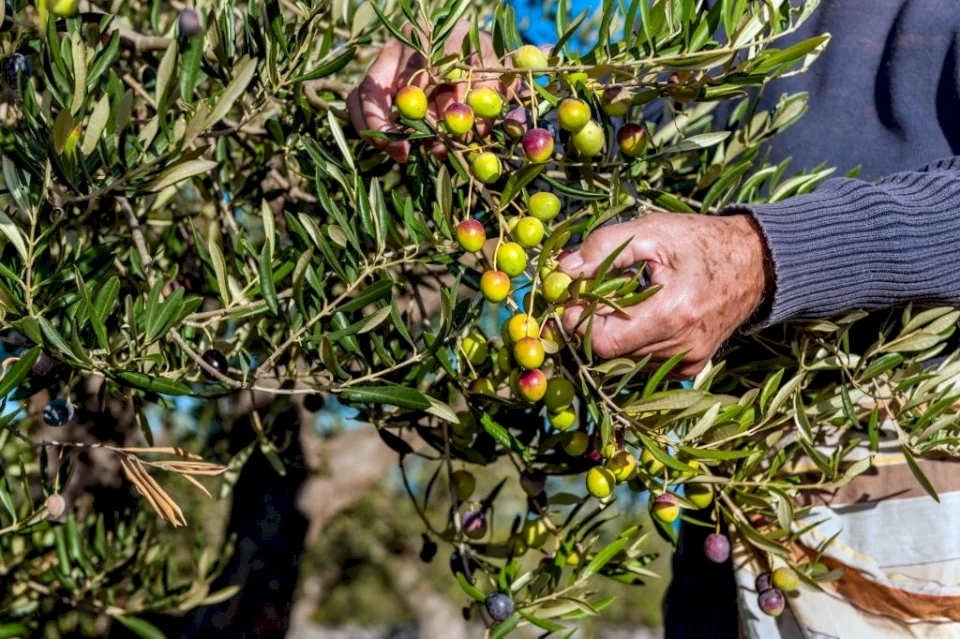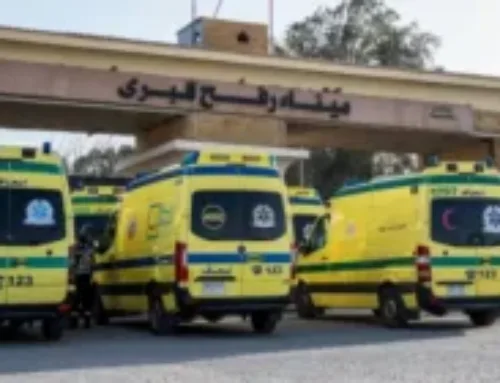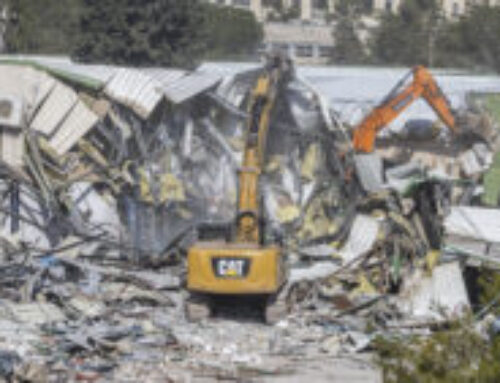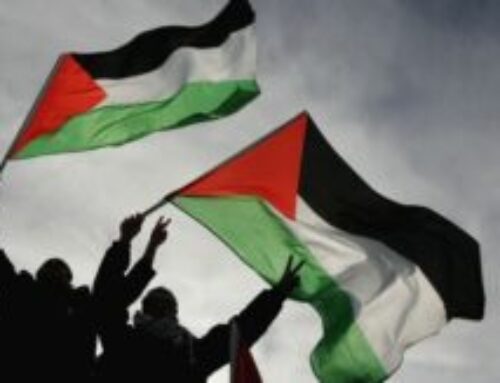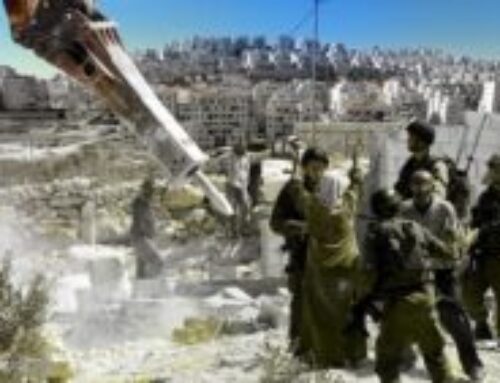Every year, with the beginning of the olive harvest season, Palestinians experience renewed moments of conflict with the occupying entity, where their suffering intensifies due to repeated assaults by the settlers and entity’s soldiers.
This year, the olive harvest in the Palestinian territories goes beyond the traditional suffering, carrying with it an added terror that affects both the land and the farmers.
Many Palestinian villages, particularly in Nablus and its surrounding towns, have been suffering repeated assaults since the beginning of the olive harvest season. These attacks are carried out by the occupying entity and its settlers, that include forcing Palestinians off their lands, assaulting them, and seizing their crops.
The National Office for the Defense of Land and the Resistance of Settlement announced: “The suffering of farmers this olive harvest season is harsher than last year due to the terror of the occupation and settlers, which threatens a higher loss of crop yields.”
The office added in its weekly settlement report: “Settler terror, with the protection of the occupation army and the involvement of Ben Gvir gangs in attacking Palestinians during the olive harvest season, started early this year in various governorates of the West Bank, beginning with preventing farmers from reaching their fields, continuing with the looting of crops, burning olive trees, and even shooting at them, which had led to the martyrdom of Palestinian Hanan Abu Salama (59 years old) by occupation forces’ gunfire last Thursday.”
Expectations indicate that farmers will be unable to access 80,000 dunams of olive-planted land, which could lead to a loss of about 15% of this year’s harvest.
The assaults faced by farmers are not limited to depriving them of their harvest, This is the least a person can get in his homeland, it is rather an attack on their identity and history. The olive tree is not just a plant but a symbol of justice and the right of return.
Thus, this tree will remain a symbol of resilience and a challenge that continues to confront the occupying entity.

